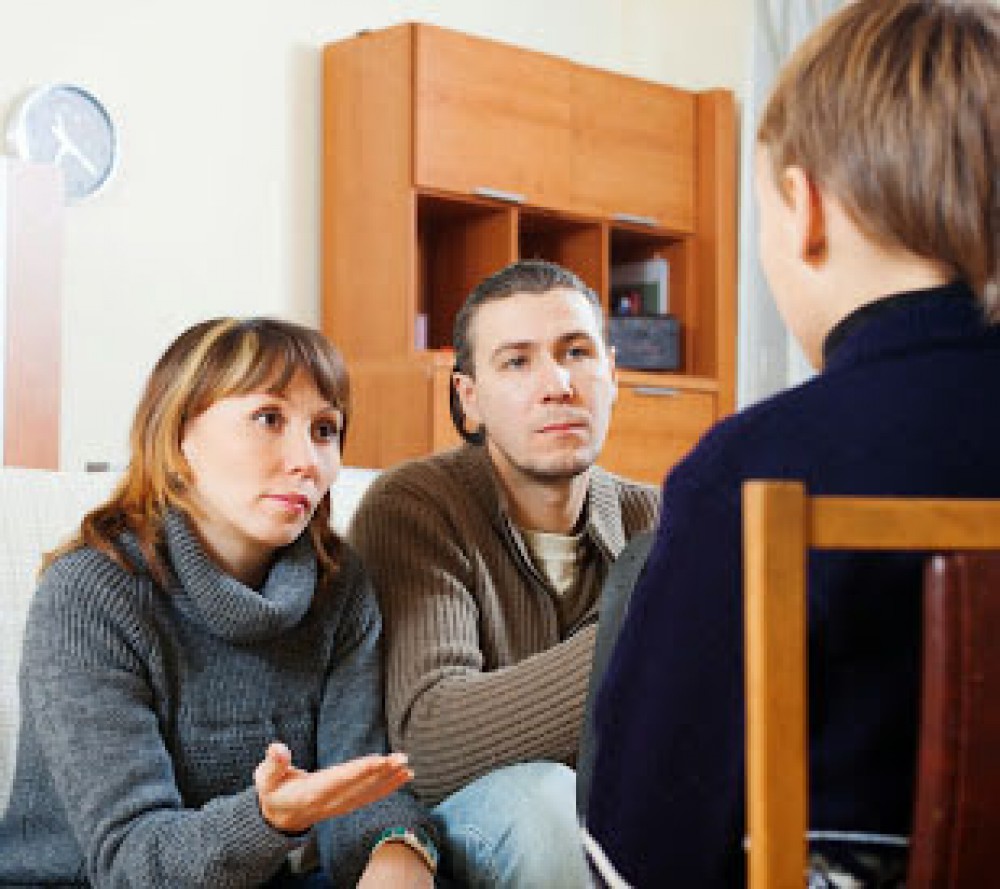Is Honesty with Children always the Best Policy?
Many parents believe that honesty is the best policy when it comes to communicating with their children. But can honesty be detrimental to children?
Consider these situations:
- After a separation or divorce, your child asks why you and Daddy don’t love each other anymore. Are you supposed to give all the sordid details of why the breakup occurred? Especially, if, indeed, there are circumstances, such as an affair, which led to the end of the relationship?
- Your child asks for a new winter jacket, but you say you can’t get one for her. She asks why. Are you supposed to say that you don’t get any child support from your co-parent and you’re struggling financially to provide the bare necessities?
- Your former spouse has seen your children consistently, but recently because of a criminal offense, they are trying to evade the police as there is a warrant for their arrest. You both agree that if your ex-spouse takes the children there could be a situation where the police stop them and they are arrested and taken away in handcuffs in front of the kids. So, you both agree it is better the other parent not take the children right now to avoid that kind of circumstance. What do you say to the children as to why their other parent isn’t coming to see them anymore?
These three scenarios are rather common, but they present dilemmas for one or both parents in trying to anticipate and answer children’s questions or explain why there may be changes in the family life. Are you supposed to be honest and “tell the truth,” or is it better to withhold information or tell a white lie in order to protect either the children or one (or both) parents?
There are no hard and fast rules about this, but there are factors that must be taken into consideration in order to make decisions as to what you share with your children.
One factor that must be considered is the age of the child. Young children, although this can apply to adolescents as well, just do not have the maturity or the life experiences to adequately understand some matters. For instance, sharing details about an affair, sexual difficulties, or domestic violence may be seen by a child in a black-and-white way without being able to see various aspects of the situation.
Another factor is the closeness that the child enjoys with the parent whom you may disparage with negative information. If the child loves the other parent, enjoys a special bond with that parent, or even idolizes him or her, being told something negative (albeit, true) about that parent may be accepted without question, be denied, or may lead to feeling caught in the middle. Young children generally should have not their idealized image of a parent smashed so early.
A third factor is what giving true — but critical information — about the other parent will do to the child’s relationship with you. Being told something negative about their other parent is likely to place them in the middle of the situation. We typically say that a child is “stuck in the middle.” In more psychological terms, being in the middle and feeling pulled in two different directions creates a loyalty bind for most children.
In a loyalty bind, the child must find a way of trying to reconcile what they feel (love towards the other parent) versus what they’ve been told (negative feedback about that parent). Who are they to believe? Which parent should they be loyal to? What should they say or do with each parent – particularly when they are with each parent?
This is such a difficult situation for most kids, that they often become alienated from one or both parents, lie to maintain a sense of loyalty to each parent, or develop hostile and angry feelings to one or both of their parents. Either way, there is nothing about being told the truth about one of their parents that brings, joy, good feeling, or a more tranquil sense of peace.
When faced with this kind of dilemma, you must carefully weigh these factors before giving too much information or before being absolutely honest.
